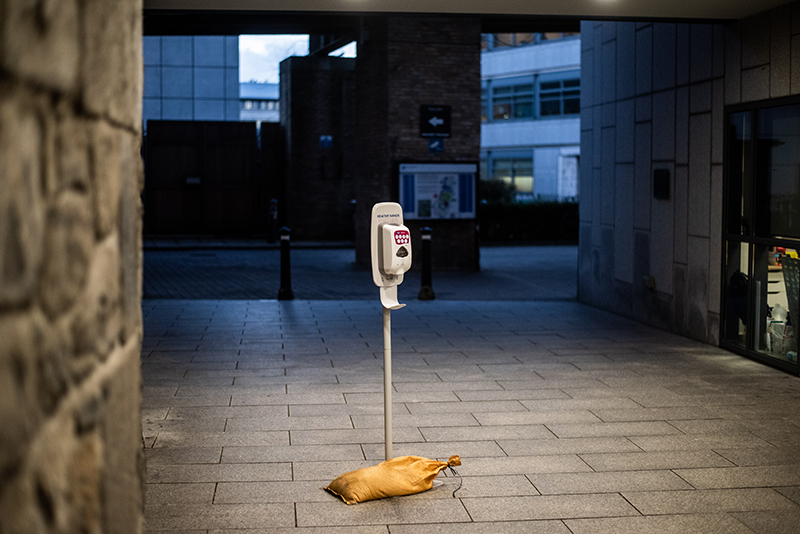Researchers working in the Global Brain Health Institute at Trinity have found that high levels of fear about developing dementia can adversely affect older adult’s beliefs about their memory and well-being.
Increased fears of memory loss, the researchers found, predicted more self-reported memory failures and a decreased quality of life.
In the new study, published in the journal Aging and Mental Health, researchers investigated if fear of memory decline predicted increased reports of memory failures and poorer quality of life in older people.
Many respondents to the study expressed concerns over the treatment that they would be subject to in the event that such an illness came to fruition, with those who perceived memory failure more likely to withdraw themselves from social situations where their insecurities may become apparent.
The level of fear expressed by participants found that there was no difference between those with and those without a family history of dementia or like illness.
In a press statement, co-lead author Dr Francesca Farina, Atlantic Fellow at the Global Brain Health Institute at Trinity said: “Almost 80 per cent of the general public are concerned about developing dementia, according to the World Alzheimer Report 2019. Evidence also suggests that these fears increase with age.”
“Given global population aging and the increased visibility of dementia, it is crucial that we find ways to address peoples’ fears. Understanding and tackling these fears will serve to promote brain health and well-being, and reduce societal stigma for people living with disease and their carers.”
The study also found that identifying ways to challenge fears about dementia could prove beneficial to individuals and society. For individuals, reducing fear could lead to improvements in how people view their memory function and quality of life. For society, acknowledging and addressing fears about dementia would help to eliminate stigma associated with the condition.
Irish artist Aoibheann Brady from the National College of Art and Design has tried to tackle this stigma through her art. Data from the aforementioned study inspired her recent piece ‘Remembering what I Have Forgotten;’ a fictional diary entry written from the perspective of someone experiencing symptoms of dementia.
It aims to capture the feelings of apprehension felt by people suffering memory loss.
It was not written by the artist herself – rather by a software application known as a chatbot, which had been trained on anonymous interviews with healthcare professionals and carers of people living with dementia.
In a press statement, Brady said: “With this project, I aimed to create work that is a crossover between art and science. I hope it helps demonstrate, to younger generations and members of the art world, that dementia is something that should be considered more in artistic practices.”







